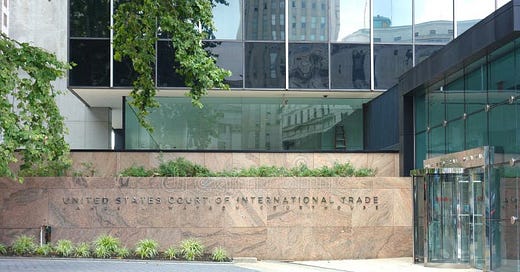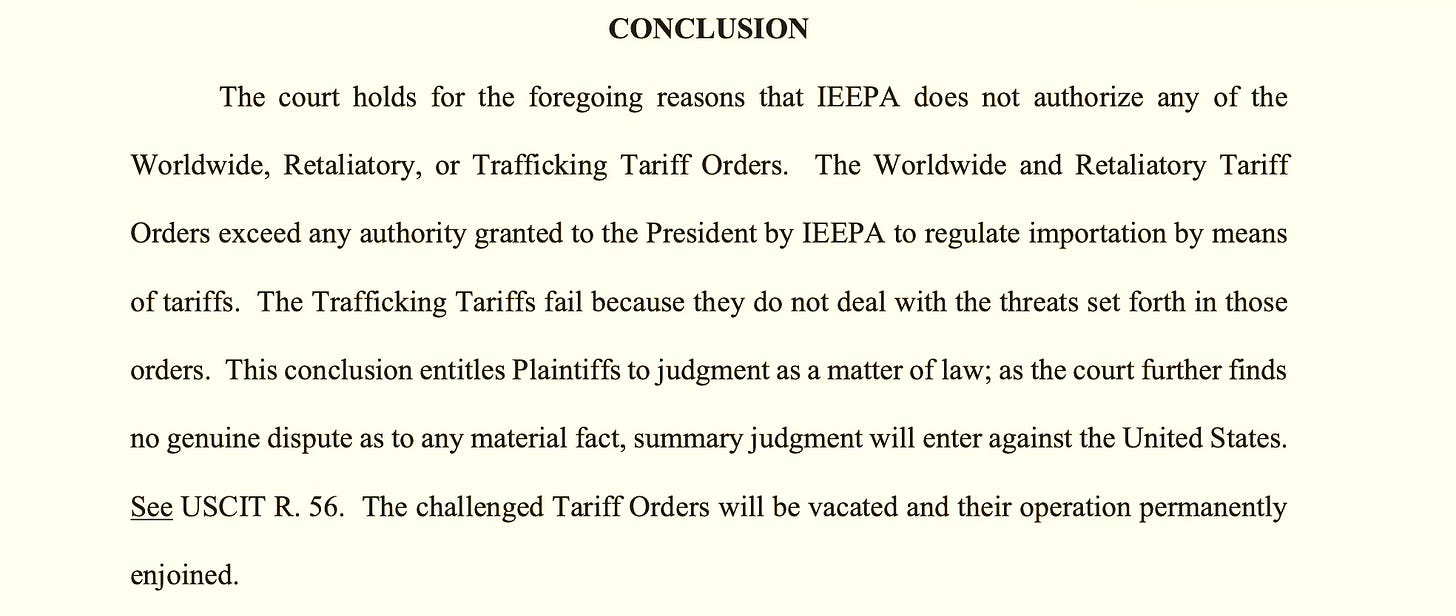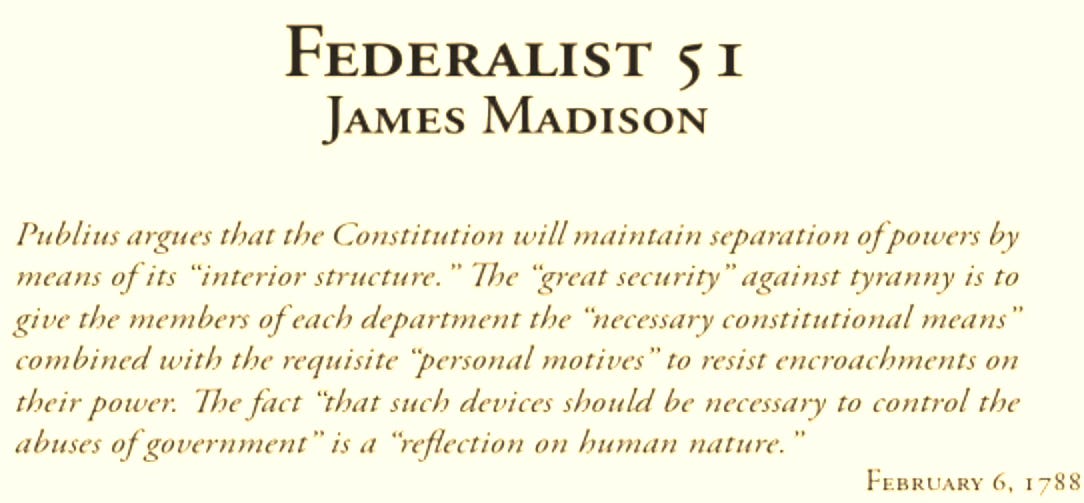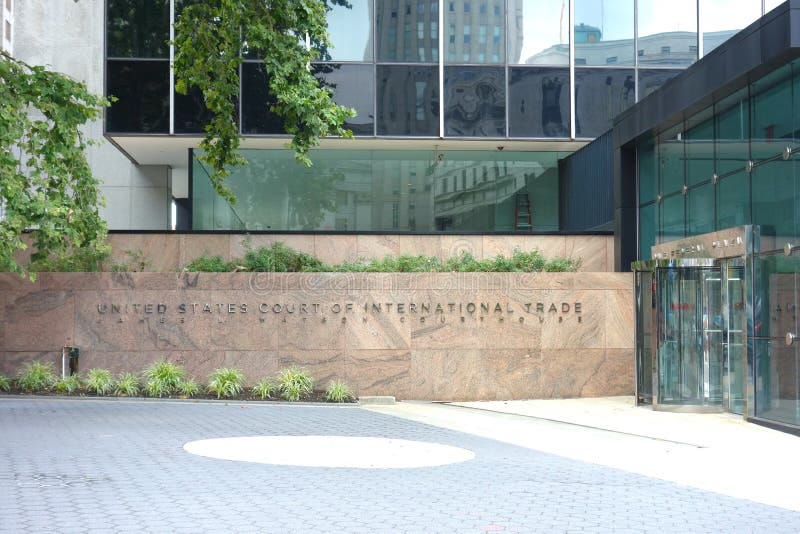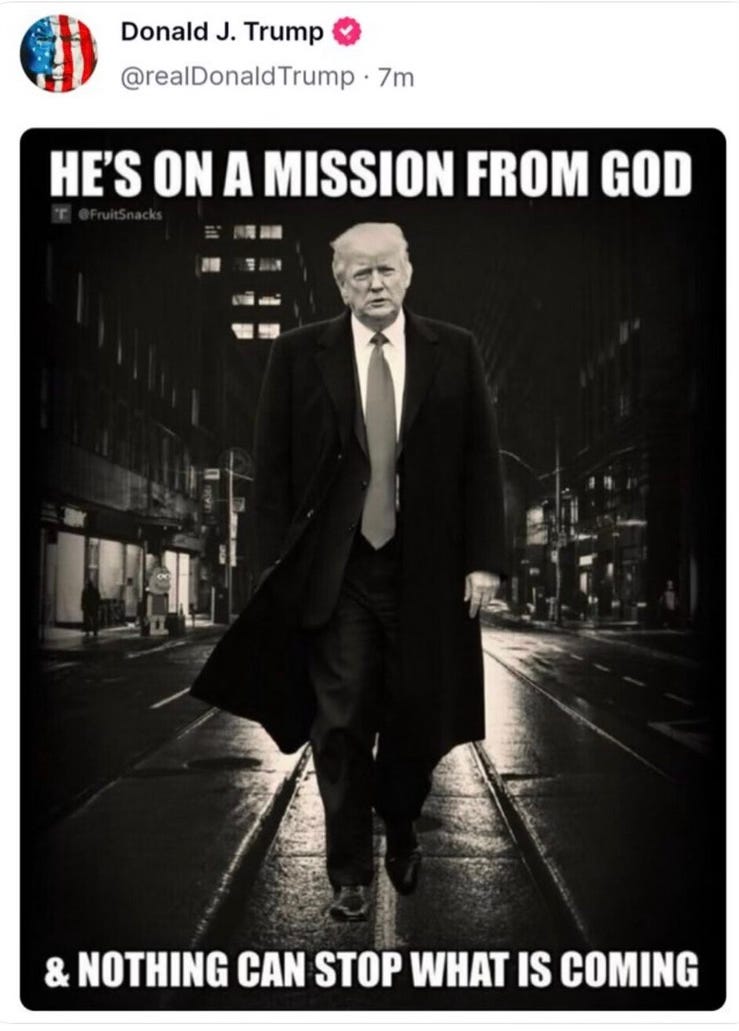Yesterday the Court of International Trade in New York ruled Trump’s tariff declarations illegal. Below are a few key points.
United States Court Of International Trade
First the “Court of International Trade” is a court of special jurisdiction that rules on civil actions arising out of the customs and international trade laws of the United States.
The court made its ruling in response to two cases. One was filed by a group of small businesses, the other was filed by a dozen U.S. states, led by Oregon.
Separation Of Powers
The key issue is the constitutional principle of separation of powers, or “checks and balances” between the three branches. The notion that a structural distribution of powers among the three branches prevents tyranny is a core principle, as explained by James Madison in 1788 (above).
Article I, Section 8, Clause 3 of the Constitution gives Congress, not the Executive, authority to “regulate commerce with foreign nations,” i.e., tariffs.
Trump has justified his unilateral tariff declarations by relying on the authority granted by the 1977 International Economic Emergency Powers Act (IEEPA).
The IEEPA authorizes the president to supplant Congress and “regulate international commerce after declaring a national emergency in response to any unusual and extraordinary threat to the United States which has its source in whole or substantial part outside the United States.”
Two False Claims
On April 2, President Trump declared a national emergency triggering the IEEPA based on two things: the existence of a structural international trade deficit and a false claim that fentanyl trafficking created a public health emergency.
The plaintiffs in the case before the Court of International Trade argued that the IEEPA did not give the president the power to apply tariffs.
Further, the plaintiffs argued that if the Court disagreed and held that the IEEPA did in fact grant such powers, the trade deficit did not qualify as an “unusual and extraordinary threat” (lawyers call this “arguing in the alternative”).
The Court’s Decision
The Court of International Trade’s 49 page decision issued yesterday, May 28, 2025. The court’s ruling stated that Trump’s tariff orders “exceed any authority granted to the president . . . to regulate importation by means of tariffs.”
The court issued a permanent injunction on all tariffs by the president, meaning that the order preventing tariffs is indefinite. The court gave the Trump Administration ten days to cancel its illegal tariffs.
Trump’s Response
The Trump Administration’s official response is consistent with its fundamental misunderstanding of the core principle of separation of powers. A White House Spokesperson said, “[i]t is not for unelected judges to decide how to properly address a national emergency.”
Trump’s personal response on Truth Social (above) is, of course, insane.
What’s Next
The Court of International Trade’s decision will be appealed to the United States Court of Appeals for the Federal Circuit and then — almost certainly -- the United States Supreme Court.
Watch this space.


